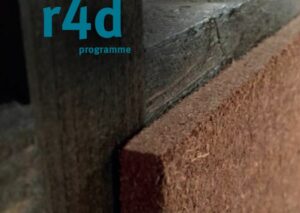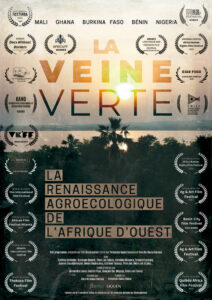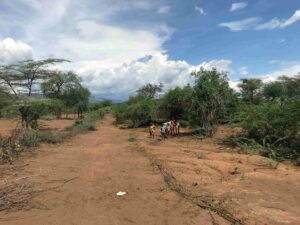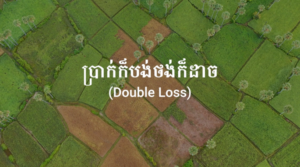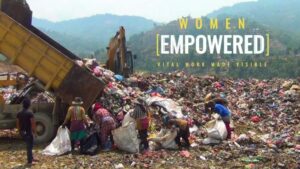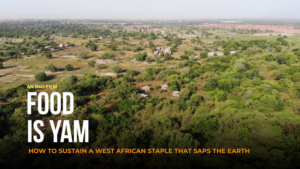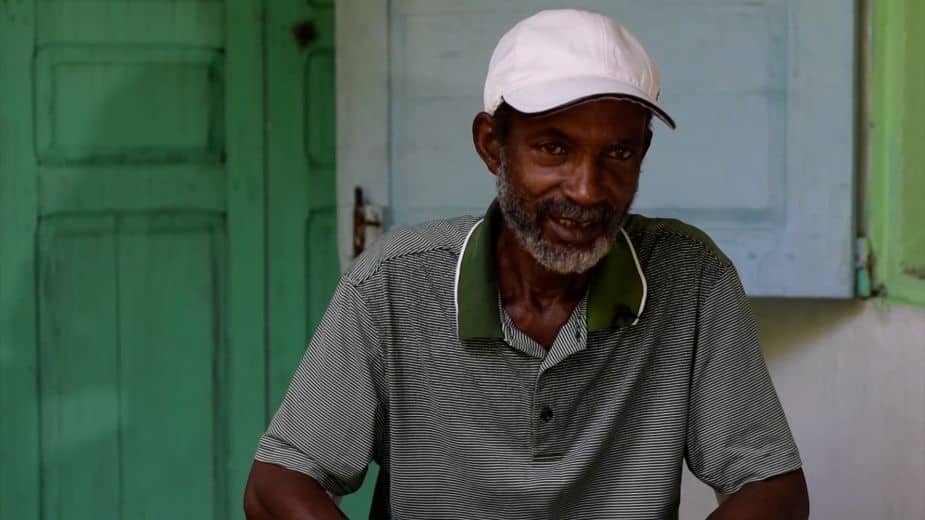
Cultivating rice and cash crops for local and global markets using sustainable farming techniques in Madagascar
Traditional practices of shifting cultivation, combined with an increasing need for arable land, lead to deforestation in north-eastern Madagascar. The Analanjirofo region is prone to overuse natural resources and is witnessing the loss of biodiversity. But how can stakeholders co-develop shared visions for a sustainable development?
The r4d projectManaging telecoupled landscapes for the sustainable provision of ecosystem services and poverty alleviationconnected different stakeholders who were not used to working together. Farmers, middlemen, government and NGO representatives met regularly to develop shared visions for future land use and to exchange ideas. They experimented with and implemented new farming techniques on how to balance producing rice and coffee for their own use and cultivating of cash crops such as vanilla and cloves for international markets while avoiding further deforestation.
This video-clip was produced as part of the r4d Digital Storytellers synthesis project. Its contents were filmed and selected by Clara Diebold, Patrick Laby, Vanessa Amberg, Michael Müller, Eileen Schilliger, Jorge Llopis and Flurina Schneider, University of Bern, Switzerland, and Université d’Antananarivo, Madagascar. The digital storytelling process was accompanied and supported by Paititi Lab.Watch on YouTube.
Related Posts
The Green Vein: Agroecology Rising in West Africa
WOMEN EMPOWERED: Vital Work Made Visible
Sources
Contacts:
Clara Diebold, clara.diebold@cde.unibe.ch, Centre for Development and Environment (CDE), University of Bern, Switzerland
Project:
r4d project Managing telecoupled landscapes for the sustainable provision of ecosystem services and poverty alleviation; https://www.telecoupling.unibe.ch; http://www.r4d.ch/modules/ecosystems/telecoupled-landscapes
Credits:
A film by Clara Diebold, Patrick Laby, Vanessa Amberg, Michael Müller, Eileen Schilliger, Jorge Llopis and Flurina Schneider / Edited by Karim Bia / Produced by Sonja Schenkel, Paititi Lab
